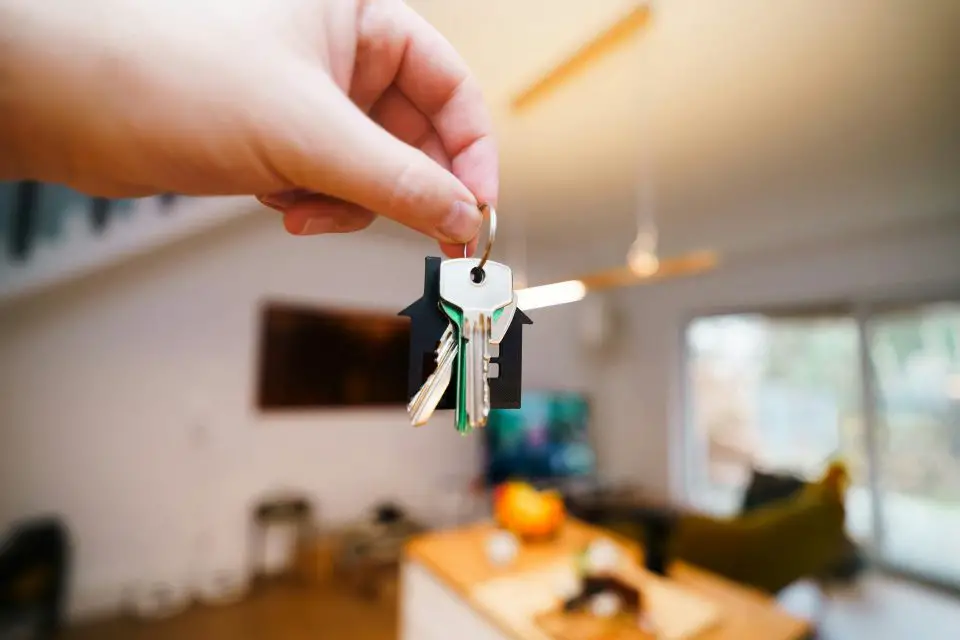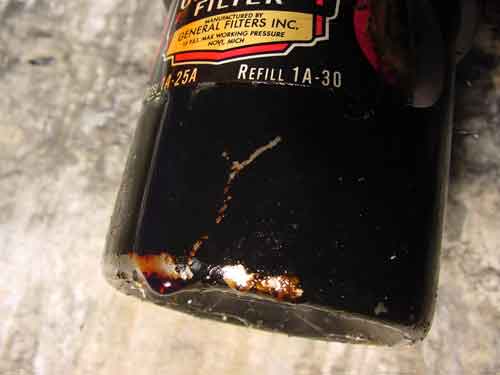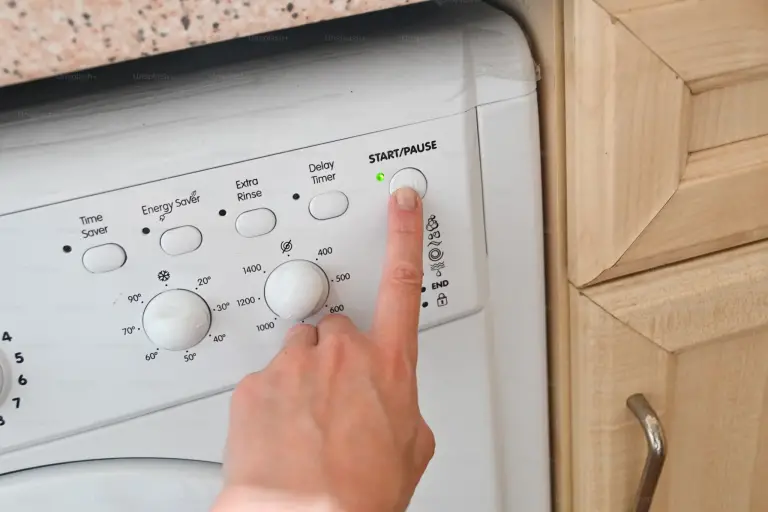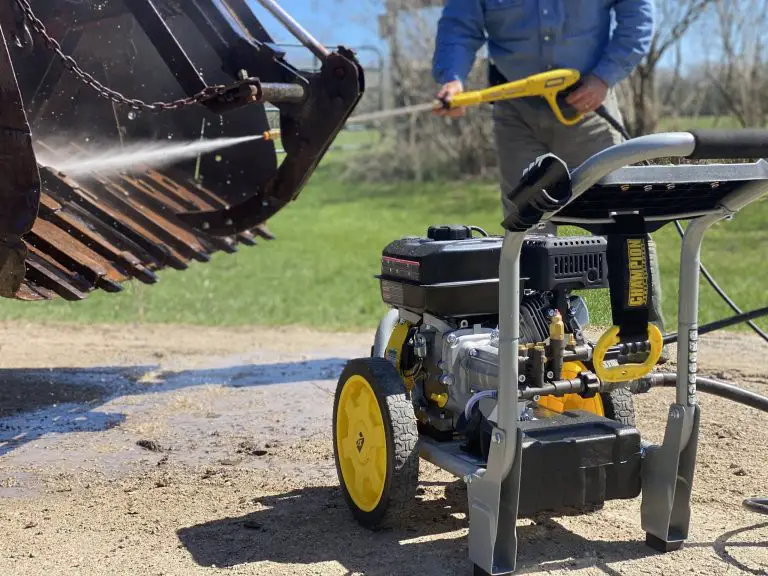
Buying a rental property sounds like a smart move. You expect steady rent payments, tax benefits, and long-term value. But many new landlords face one major problem: They underestimate the true cost of owning a rental. These aren’t just one-time surprises. Some costs show up every year. Others hit you during emergencies. If you don’t plan ahead, these extra costs can shrink your profits or even leave you with losses.
This article will walk you through some overlooked costs that every landlord should keep in mind.
1. Property Management Isn’t Cheap
Not every landlord wants to deal with day-to-day tasks. That’s why property managers exist. They collect rent, handle repairs, screen tenants, and more. But their services come at a price. Most charge between 8% and 12% of the monthly rent. Some also charge lease-up fees, inspection fees, or a cut of repair costs.
It adds up quickly, especially if you own multiple units. Before hiring a manager, check the full list of fees. Make sure you know exactly what you’re paying for. If you plan to manage the property yourself, don’t forget to factor in your time and effort. That has value, too.
2. Insurance That Keeps Getting More Expensive
Landlord insurance is more expensive than homeowner’s insurance. It covers different risks, like loss of rent or tenant damage. But those premiums often go up year after year. If your area is prone to floods, wildfires, or storms, the price goes even higher.
Some policies also require extras like liability coverage or umbrella protection. These costs aren’t always clear at first. And when damage happens, you may need to file a claim. That’s when knowing a few home insurance adjuster tips can help. Understanding how to document losses and talk to adjusters can make the process smoother—and increase your chance of getting fair compensation.
3. Repairs That Show Up Without Warning
Things break. That’s part of owning property. Water heaters fail. Roofs leak. Pipes burst. These issues don’t wait for your schedule or budget. Some landlords set aside 1% of the property’s value each year for maintenance. Others base it on monthly rent.
Either way, having an emergency repair fund is crucial. A $3,000 HVAC replacement or a $1,500 plumbing issue can destroy your cash flow if you’re not ready. Regular inspections help spot problems early, but even then, surprises happen. Being unprepared can mean delays, tenant complaints, or worse.
4. Legal Problems and Tenant Disputes
Landlords sometimes face legal trouble. Tenants may break the lease, refuse to pay, or damage the unit. If you need to evict someone, legal fees start adding up. Even a simple eviction could cost over $1,000. If the case goes to court, that number grows.
You may also need a lawyer for lease disputes, security deposit issues, or compliance problems. Some landlords buy legal insurance for peace of mind. Others hire lawyers as needed. Either way, these costs are real and often unexpected. If you don’t plan for them, they’ll catch you off guard.
5. HOA Dues and Surprise Special Fees
If your rental is part of a community with a homeowners association (HOA), you’re required to pay monthly or yearly dues. These aren’t optional, and they don’t disappear when your unit is vacant. While you might expect a steady fee, HOAs can also charge special assessments. These are one-time fees that cover major repairs in shared areas like roofs, fences, or parking lots.
Many landlords overlook these extra costs. If the HOA decides to repave the driveway or replace the building’s siding, you’ll get a bill—sometimes for thousands of dollars. Always read the HOA rules carefully and ask about past and future assessments before you buy a property.
6. Tax Bills That Keep Rising
Property taxes aren’t fixed. Local governments reassess home values from time to time, and tax rates can increase based on budget needs. If your property value goes up—or if the city raises rates—your tax bill could grow fast.
Landlords who don’t track these changes may be shocked when their yearly bill arrives. Budgeting based on the current year’s rate isn’t enough. It’s better to plan for gradual increases and keep up with local policies that affect property owners. Staying informed helps you adjust your rental pricing and avoid surprises.
7. High Turnover Costs More Than You Think
When tenants move out, costs follow. You may need to repaint walls, clean carpets, or make minor repairs. Sometimes, the unit needs deep cleaning or appliance updates. If the tenant stayed only a short time, these costs feel heavier.
Turnover also means time without rent. You’ll spend money advertising, screening new tenants, and handling showings. Even if a new tenant moves in quickly, you’ll still feel the pinch. Encouraging long-term renters and keeping tenants satisfied helps reduce this expense. Many landlords find that good communication and timely maintenance go a long way in keeping tenants around.
8. Local Compliance and Licensing Rules
Some cities and counties require landlords to get rental licenses or register each property. These rules vary by location, and the fees can add up. You may also face regular inspections, especially in larger cities. If your unit doesn’t meet the code, you’ll need to pay for upgrades before renting it out.
Missing deadlines or ignoring local requirements can result in fines. These penalties often catch new landlords off guard. Make sure to check your area’s rules before listing a property. Following the process protects you from legal trouble and helps avoid unexpected costs.
Owning rental property is a long-term commitment, not just a quick way to make money. Many landlords focus on rent income and loan payments, but the real picture includes much more. From legal issues to surprise repairs, there are many hidden costs that can drain your profits if you’re not careful.
Being a successful landlord means more than finding tenants. It means planning for gaps in income, tracking every expense, and staying ahead of unexpected changes. When you understand all the costs, you can set better rental rates, build stronger budgets, and protect your investment.












